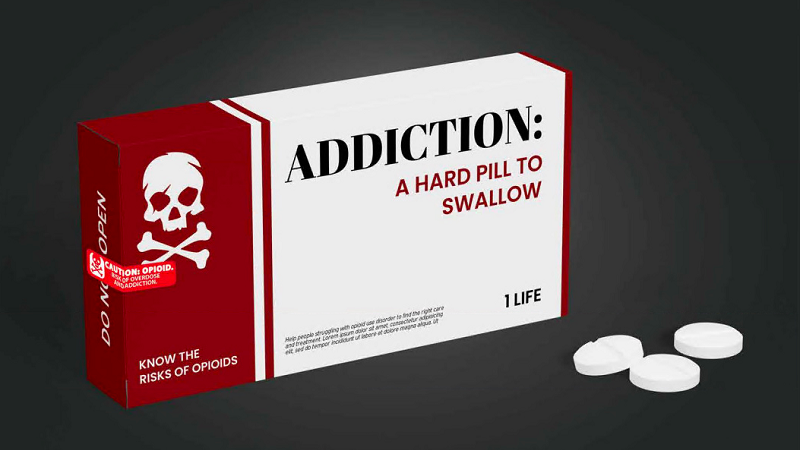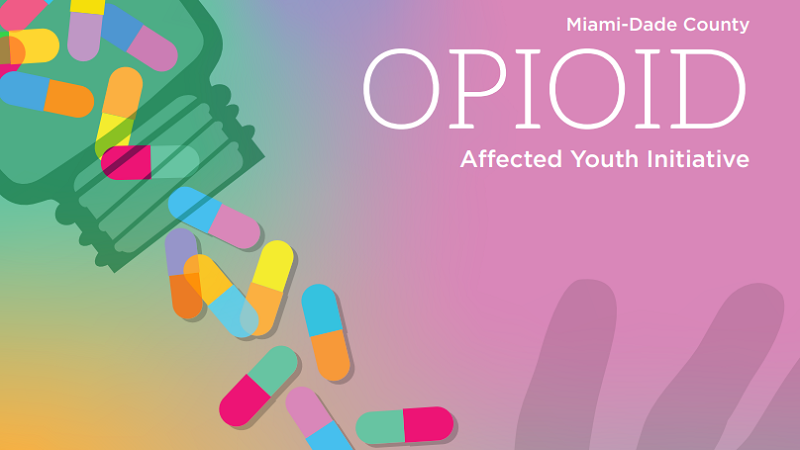Opioid Affected Youth Initiative (OAYI)
The County is also working in partnership with representatives from law enforcement, education, probation and community supervision, juvenile court, mental health service providers, medical physicians/examiners, prosecutors, community-based organizations that address substance abuse, child welfare agencies, first responders, juvenile justice groups, and other community health agencies.
About Us
The Miami-Dade County Office of Management and Budget was awarded a FY 2018 Opioid Affected Youth Initiative (OAYI) grant, which is a 3-year, $1 million grant funded by the U.S. Department of Justice, Office of Juvenile Justice and Delinquency Prevention (OJJDP). This initiative requires Miami-Dade County to develop data-driven, coordinated responses to identify and address challenges resulting from opioid abuse that are impacting youth and community safety.
The County is tasked with:
- Developing a multidisciplinary task force with working groups to identify specific areas of concern
- Collecting and interpreting data that will assist the task force in developing strategies and programming that will be used to better coordinate response efforts and resources
- Implementing services that will address public safety concerns, intervention, prevention, and diversion services for children, youth, and families directly impacted by opioid abuse
The target population may include youth under the age of 25 who:
- are at risk for abusing or misusing opioids or have abused or misused opioids
- may have family members abusing or misusing opioids
- have been impacted because the parent or legal guardian overdosed on opioids, or the parent or guardian has been placed in Termination of Parental Rights status
- may become or have been the victim of crimes (criminal neglect, theft, exploitation, sexual abuse or assault, human trafficking, or child abuse) as a result of the opioid epidemic
This website was prepared under grant #2018-YB-FX-K002 from the Office of Juvenile Justice and Delinquency Prevention (OJJDP), U.S. Department of Justice. Points of view or opinions expressed in these web pages are those of the authors and do not necessarily represent the official position or policies of OJJDP or the U.S. Department of Justice.





